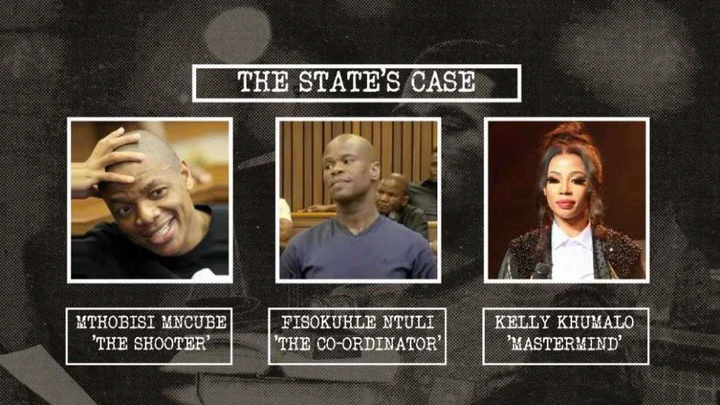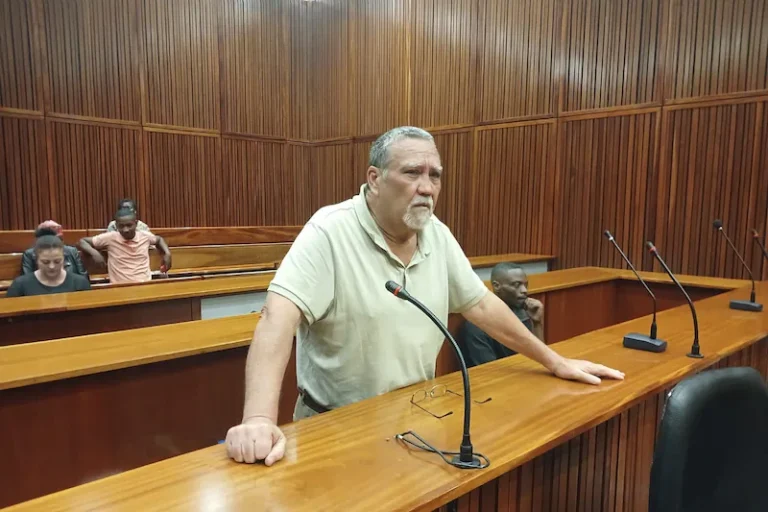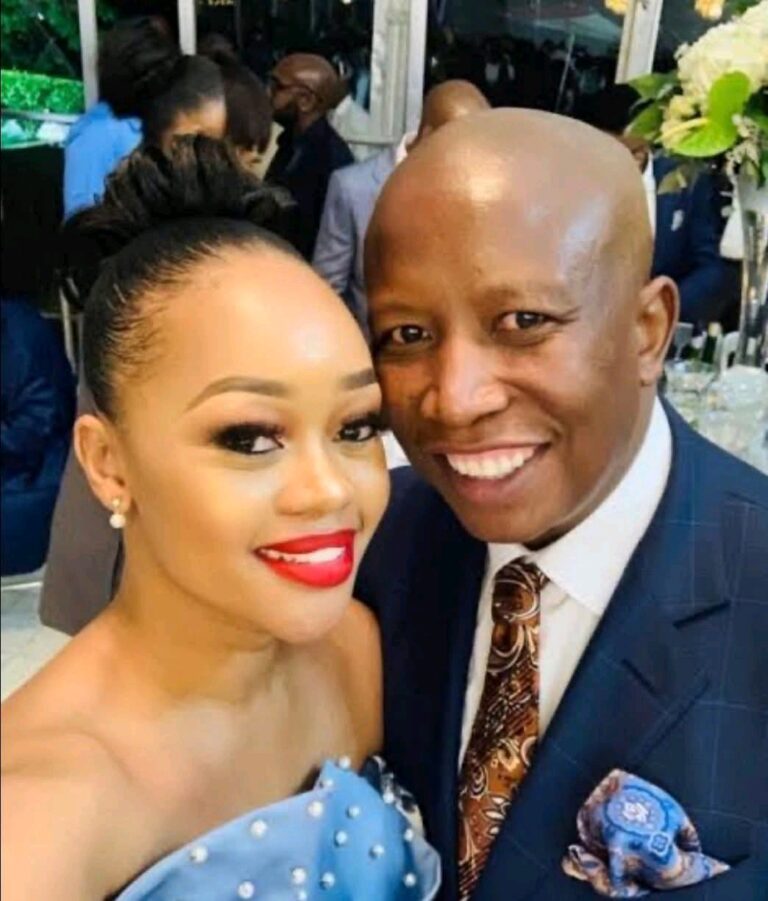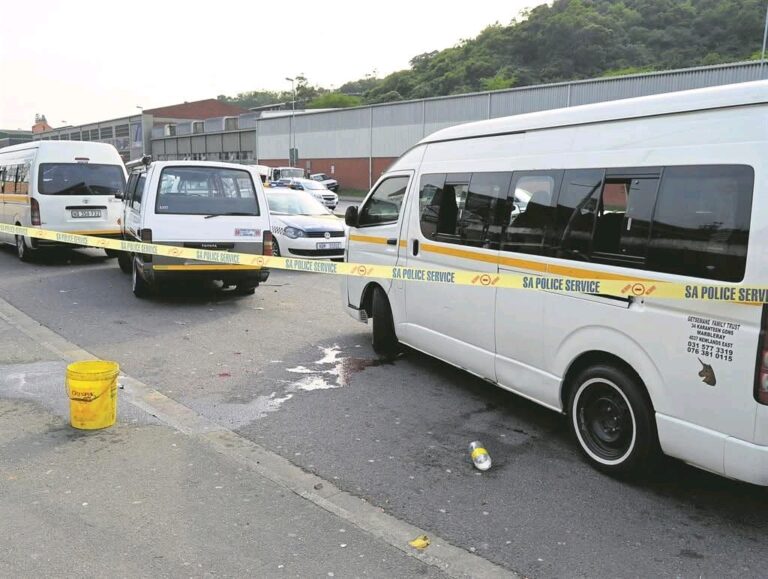
The Senzo Meyiwa murder trial has taken a dramatic turn with the use of technology playing a crucial role in unraveling the events surrounding the soccer star’s death.
The state has presented cell phone data that contradicts the alibis of the accused and raises questions about their involvement in the crime.
According to the state’s case, Meyiwa’s then-girlfriend Kelly Khumalo masterminded the contractual hit, with accused 3, Mthobisi Mncube, as the trigger man and accused 5, Fisokuhle Ntuli, as the coordinator.
However, cell phone data has revealed that Mncube was far away from the crime scene at the time of the shooting, casting doubt on his involvement.
The data also corroborates Ntuli’s alibi, placing him in Johannesburg in the hours leading up to the murder. Additionally, the data shows a fourth call between Ntuli and Mncube, using a different number admitted by Ntuli.
This raises questions about the communication between the two men and their involvement in the crime.
Furthermore, the data reveals that Mncube’s phone pinged a few meters from the crime scene a month after the murder, suggesting he was familiar with the area. This contradicts his claims of not being involved in the crime.
The state’s case relies heavily on the intricate web of communication between the accused, and it is expected that they will continue to delve deeper into this evidence in the coming days.
The use of technology in this case highlights the importance of digital evidence in solving crimes. The cell phone data has provided crucial insights into the events surrounding Meyiwa’s death and has raised questions about the involvement of the accused.
As the trial continues, it remains to be seen how the accused will respond to the state’s evidence and how the court will ultimately rule on their involvement in the crime.
One thing is certain, however – the use of technology in this case has brought the investigation into the 21st century and has provided a new level of transparency and accountability in the pursuit of justice.







